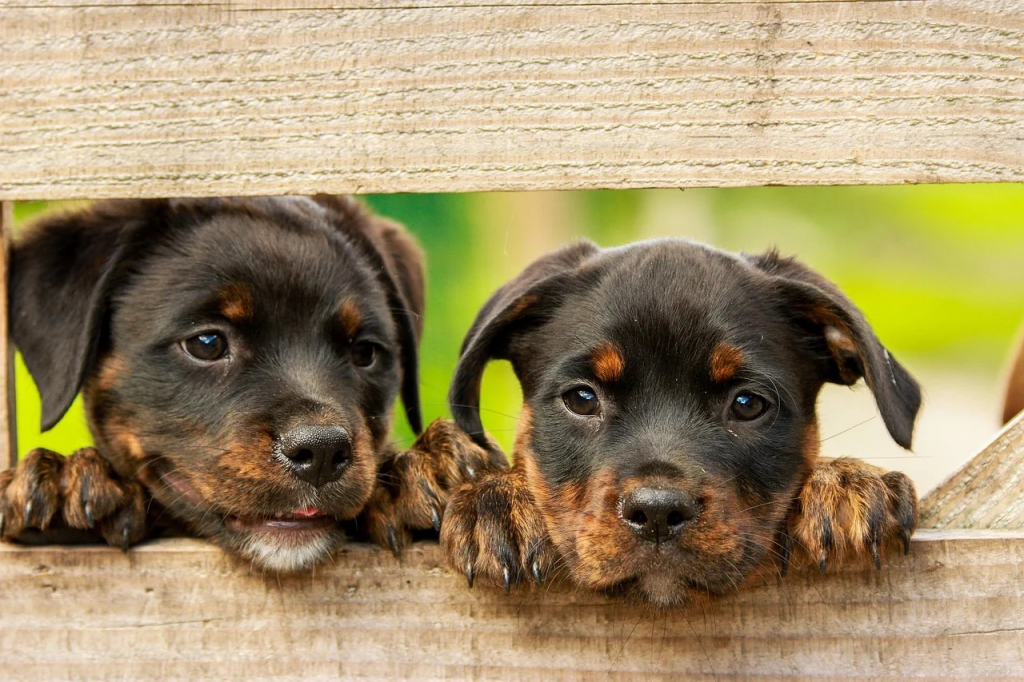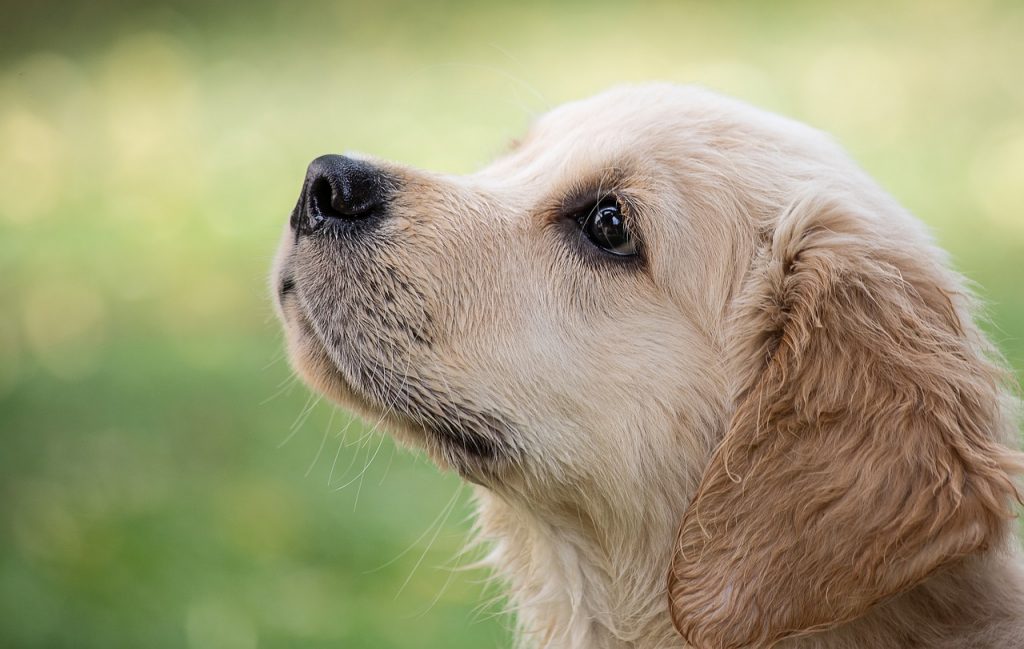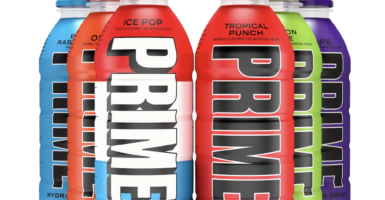Pet Cloning Has Become Popular On Instagram
Pet cloning is becoming a popular trend on Instagram for influencers longing to bring back their fur babies.
This article is more than 2 years old

Courtney Udvar-Hazy, a photographer, had a hybrid wolf-dog that died tragically in 2018 after being hit by a car. It was then that she decided to clone the wolf-dog. When Hazy’s hybrid, which went by the name Willow, died unexpectedly, she had quite a following on Instagram.
Hazy’s account — @WanderwithWillow — is still operational, albeit she now tweets images of her puppy Phoenix, which is Willow’s clone. ViaGen Pets, the same business that infamously duplicated Barbra Streisand’s dog, Samantha, in 2018, was called by Udvar-Hazy. The company, which is based in Texas, uses the cells from the original pet to make an embryo, which is then sent to a surrogate mother.
According to Input Magazine, Udvar-Hazy ended up with Phoenix and five other identical puppies, which she gave to her pals. ViaGen Pets can currently clone dogs for $50,000, cats for $35,000, and horses for $45,000 with an initial payment. However, the website claims that even if the clone has the same DNA profile as the original pet, it will develop its own personality and temperament.
The cloning process is pricey because the cloning process involves the pets staying in state-of-the-art housing along with receiving nutritious diets and advanced professional veterinary care. While the concept of cloning a deceased pet may seem like it’s from a science fiction novel, the hardware and technology aren’t all that new. Snuppy, the first-ever cloned dog, was born in 2005.

In 2017, scientists were able to reclone Snuppy and generate four additional canines using his stem cells. One of the dogs died, but the other three are perfectly well. While many people are concerned that cloning animals may have an adverse effect on their health, ViaGen Pets maintains that cloned animals are no more vulnerable to health problems than noncloned animals.
ViaGen hopes that more people become open about cloning their pets. As more people become interested and willing to clone their pets, the methodology and procedures will become more accessible and normalized. Cloning a pet is a coping method for many people who are grieving. The cloning process, however, is not a quick remedy.
Advocates and medical experts agree it’s best to clone when the cat, dog, or horse is still alive because it’s a benign process. Preserve cells today may cost a bit of money, but it can be the difference between being able to get a clone of your pet.
A piece of tissue is extracted and broken down into its individual components, or cells, when you clone your pet. These cells are then used to create a genetic duplicate of your beloved pet. Finally, it’s vital to remember that pet cloning is no different than human-assisted selective breeding to manage specific qualities. Cloning is similar to giving birth to an identical twin, except that the two are separated in time. While the clones may not be identical to your original partner in appearance or behavior, the similarities will be remarkable. One thing is certain: the bond you develop with that animal will be genuine.





